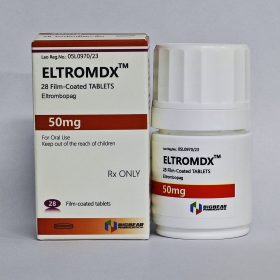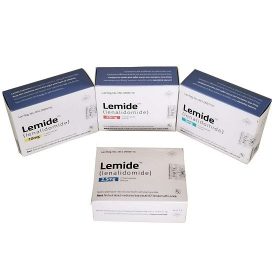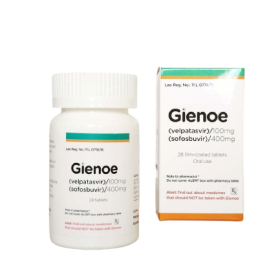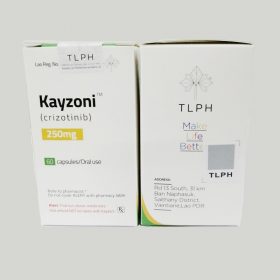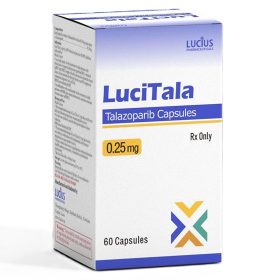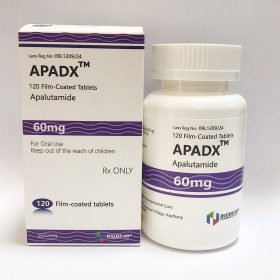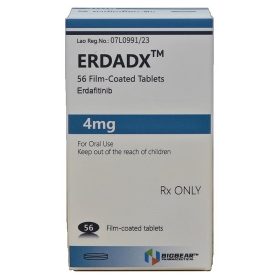- Details
- Description
-
Packaging Size120t/bottle
-
Strength250mg
-
CompositonAbiraterone
-
TreatmentProstate Cancer
-
FormTablets
-
BrandAbyrone
-
Quantity Unit250mg*120t/bottle
-
ManufacturerTongmeng (Lao) Pharmaceutical & Food Co., Ltd.(TLPH)
Abiraterone is a hormone therapy drug. It is a treatment for prostate cancer. You might have abiraterone: if other hormone treatments are no longer working, and you have no or mild symptoms but you don't need chemotherapy. after you have had docetaxel chemotherapy.
Prostate Cancer
Metastatic castration-resistant prostate cancer
-
Abiraterone
- Indicated in combination with prednisone for patients with metastatic castration-resistant prostate cancer (CRPC)
- 1000 mg (two 500-mg tablets or four 250-mg tablets) PO qDay with prednisone 5 mg PO q12hr
-
Abiraterone
- Indicated in combination with methylprednisolone for the treatment of patients with metastatic CRPC
- 500 mg (four 125-mg tablets) PO qDay in combination with methylprednisolone 4 mg PO BID
Metastatic high-risk castration-sensitive prostate cancer
-
Abiraterone
- Indicated in combination with prednisone for patients with metastatic high-risk castration-sensitive prostate cancer (CSPC)
- 1000 mg (two 500-mg tablets or four 250-mg tablets) PO qDay with prednisone 5 mg PO q12hr



